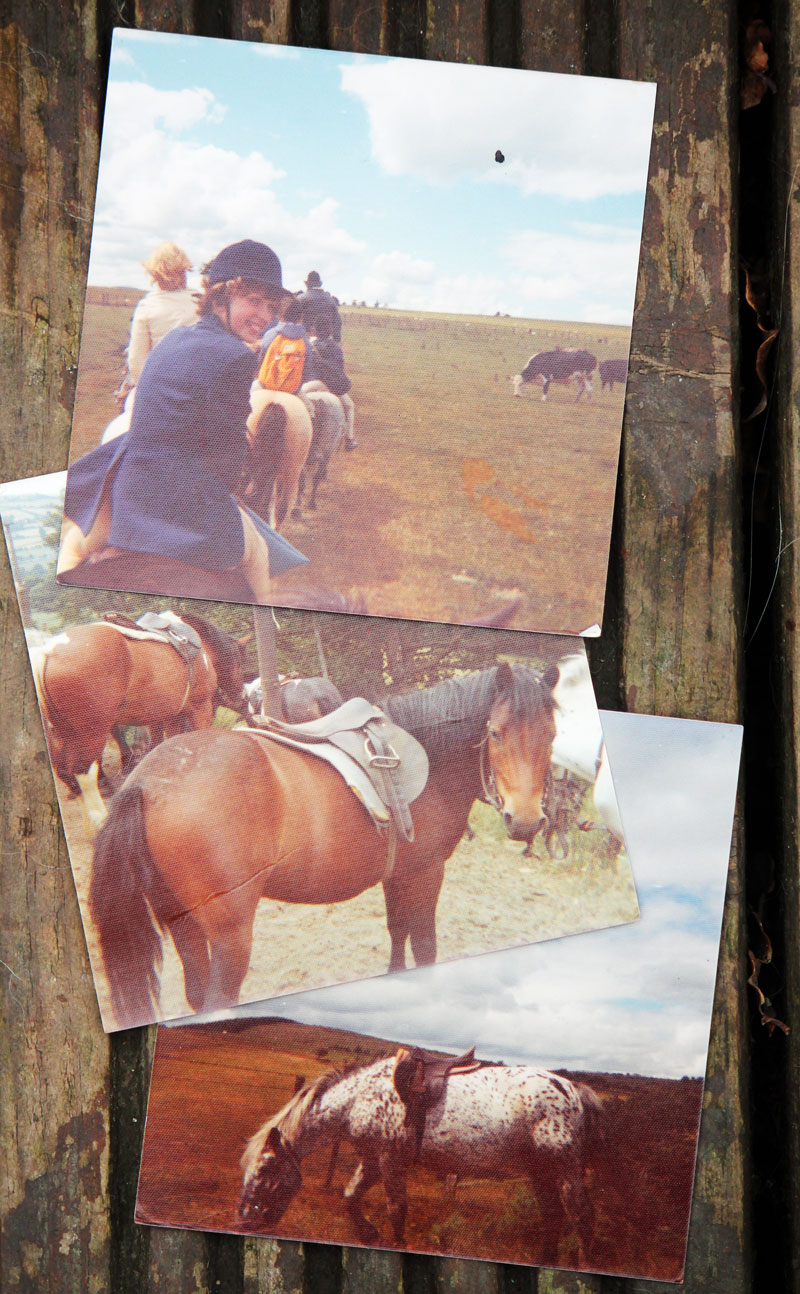I’ve always enjoyed horse riding. When I was younger I particularly enjoyed pony trekking when we would ride all day. In the summer there would often be forty or more of us saddling up and heading into the mountains.
One day, when I was a teenager, there was a shortage of guides. The owner of the farm asked me if I would lead that day’s trek.“But I won’t be able to remember the way,” I replied, worried about leading all the other riders astray. Although I had ridden it many times before, I had not memorised the route and was afraid of getting it wrong.
“That doesn’t matter,” he said, “The horse knows the way. There will be two points where he will hesitate and when he does, the first time guide him to the left, the second time guide him to the right.”
Sure enough, the horse hesitated at two intersections and I simply guided him the right way.
I often think back to that day and think how easily we can create problems that aren’t there and make life far more complicated than it needs to be.
The great hypnotherapist Milton Erickson once shared a story about a horse that wandered into his family’s yard when he was a young man.
The horse had no identifying marks. Erickson offered to return the horse to its owners. In order to accomplish this, he simply mounted the horse, led it to the road, and let the horse decide which way it wanted to go. He intervened only when the horse left the road to graze or wander into a field. When the horse finally arrived at the yard of a neighbour, several miles down the road, the neighbour asked Erickson, “How did you know that horse came from here and was our horse?”
Erickson said, “I didn’t know- but the horse knew. All I did was keep him on the road.”
Erickson became a famous psychotherapist and he liked to tell this story to his students, telling them that therapy was a lot like riding that horse. In beginning a course of therapy it is often helpful to go back to the beginning of the real road.
Whatever ideas you have about the best path for your client to take, you stand more chance of success if you tap into the wisdom of the unconscious mind – both the client’s and your own. “You can trust the unconscious,” he used to say. He would encourage his students to let go of their preconceptions – about therapy, about clients, about human nature – and to trust their unconscious mind to come up with creative solutions to their problems.
I’m not saying there isn’t any value in making plans and applying what you know. You have to start somewhere.
But whenever you set out to do something extraordinary, there comes a point where, like Erickson on the horse, you have to choose between trying to control everything – or letting go and getting carried away by something bigger and more powerful than yourself.


